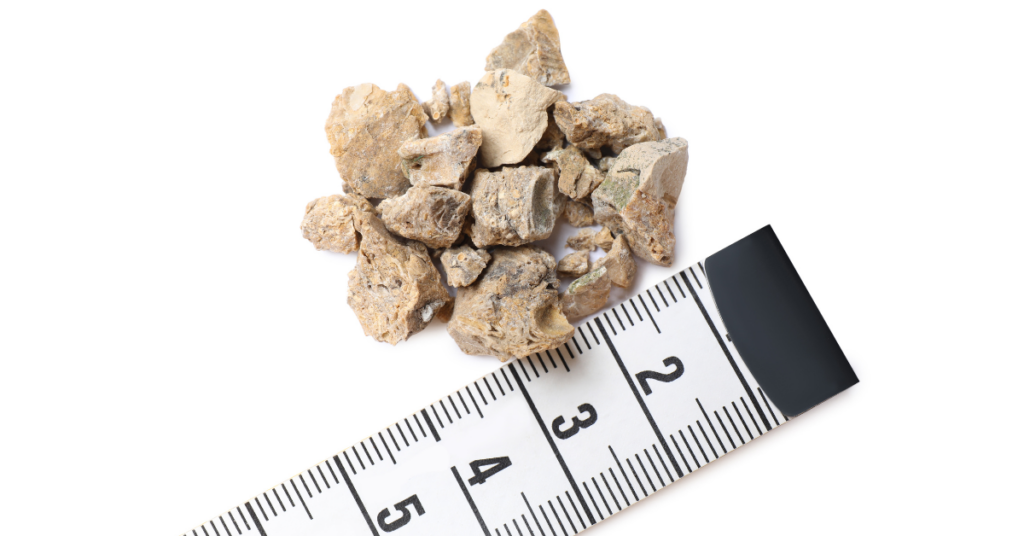What are Kidney Stones?
Kidney stones affect around 10% of men and 3% of women and are becoming increasingly prevalent. Stones can appear anywhere in the urinary tract, but the most common areas of formation are now the kidneys and upper urinary tract rather than the bladder, which was the previous number one hotspot.
The stones are mostly made up of calcium oxalate, with the addition of small amounts of uric acid and struvite. They are formed when the body is unable to excrete these compounds in the urine, leading to the build-up of small particles or crystalsin the kidneys.
Signs and symptoms
Some stones may be symptom-less (known as silent), and then cause sudden and extremely painful back pain
Nausea
Vomiting
Bloating
Blood in the urine
Pain when urinating
Chills
Fever
Possible causes
Drugs including Sulphasalazine (often used to treat rheumatoid arthritis), Furosemide (used to treat heart conditions), diuretics containing Triamterene, antacids containing Trisilicate and Acetazolamide (used to treat periodic paralysis and myotonia)
Diet high in oxalic acid, such as rhubarb, spinach, leafy vegetables, and coffee may also play a part.
Genetics a family history of kidney stones may predispose one to this condition.
Diagnosis
X-ray or sonogram: Carried out on people suffering from blood in the urine or sudden pain.
Conventional Treatment Strategies
Surgery to remove large, painful stones.
Drugs such as Thiazide Diuretic Chlorthalidone are used to treat smaller stones
Extracorporeal shock wave lithotripsy (ESWL): A type of ultrasound treatment used to shatter stones, enabling their fragments to be passed easily through the urine
Complementary Treatment Strategies
The following information does not constitute a prescription or recommendations – this is included for your information only.
A diet rich in calcium and fibre is recommended to prevent stone formation.
High-oxalate foods and sugar should be avoided.
The drinking of plenty of fluids, especially water.
Supplements such as magnesium, vitamin B6, vitamin C, and vitamin A, and Lysine.
Acupuncture.
Herbal medicine – consult a Chinese or Western herbalist.

